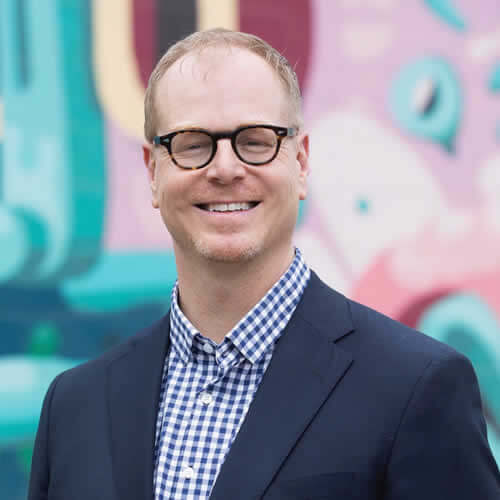Fighting against addiction through Oxford Treatment Center
Published 9:27 am Friday, July 4, 2025

- Dr Lucas Trautman
By Shams Rahman
While working as a psychiatrist in 2009, Dr Lucas Trautman noticed an increase in the number of patients with opioid-use disorders who were difficult to treat for various reasons, including a lack of resources.
Thus, he decided to join the fight to help patients with addiction issues, aiding them in their pain and suffering.
Now, he is the Medical Director at the Oxford Treatment Center, which offers a range of services to patients, including medical detox, inpatient residential, intensive outpatient, addiction therapies, 12-step groups, as well as specialized programs. Some of those programs include veterans services, first responders services, LGBTQ+ support, Christian recovery services, and sexual and domestic trauma support.
Trautman, who studied at the University of Tennessee Health Sciences Center College of Medicine in Memphis and is board-certified by the American Board of Preventive Medicine in addiction medicine, said they mainly dealt with patients addicted to opioids, methamphetamine and alcohol in Oxford.
Trautman and the Oxford Treatment Center attempt to implement that philosophy while treating their patients, with approximately 300 patients being aided monthly.
He said that many patients continue using drugs to avoid facing the severe withdrawal symptoms.
“They’ll say, ‘Doc, I’m just doing this so I don’t get sick.’ And they’re not doing it to party and feel good. They’re doing it to avoid catastrophic withdrawal symptoms. What we’re seeing now is an increase in overdoses, and there are some reasons for this,” he said.
The treatment for different addictions is distinct. Opioid users are treated with Buprenorphine medicine, while alcohol abuse is further difficult as sudden removal might cause seizures and death, so they have to implement a five to seven-day plan, which includes medicine and nutritional support.
However, the most difficult drug to deal with for his team is methamphetamine, as it does not have a particular medication to work with.
“Meth[amphetamine] is challenging though, because there’s not a silver bullet like opioids has. So, meth is more challenging and we have to really utilize our coping skills to the therapeutic treatment that they get,” he said.
During his career, Trautman, a division one wrestler in the past who also ran a gym in Memphis for five years, named ‘Stardust Jujitsu,’ worked with athletes in Hawaii, and also took his work to Southeast Asia, particularly Thailand and the Philippines, where he worked with victims of sex trafficking.
“I worked years and years ago with the rescue and treatment of [Thai and Filipino] women who had been sex trafficked. I did my best to create resources and funding opportunities from stateside donors in order to give to the orphans of the women who were involved in sex trafficking,” he said.
Now in north Mississippi, Trautman wants to change how drug addiction is viewed, get rid of the stigma around the issue, and focus on compassion in treatment.
“You can choose criminalization of addiction, or you can choose treatment of addiction. And we see that death rates decline and recidivism into jail declines when we treat it like a disorder and a medical issue rather than a criminal or judgment issue,” he said.
“Continue to de-stigmatize addiction and addiction treatment so that these can be seen as medical disorders because there’s a neurochemical change, and that way, if we de-stigmatize, we can bring more people into treatment rather than them living shadow lives of shame.”
As well as the PR campaign for de-stigmatization, Trautman also wants more funding for addiction services, as Medicaid patients rarely get a residential treatment center paid for.
For now, he wants to keep growing Oxford Treatment Center so that people can seek help when they need it.
“I want to create growth for Oxford Treatment Center because it is such an amazing family of practitioners,” he said. “We’ve been together for many years, and I believe it’s the best treatment available nationally. I want to get that word out that when people come to our facility, they’re treated with love.”





